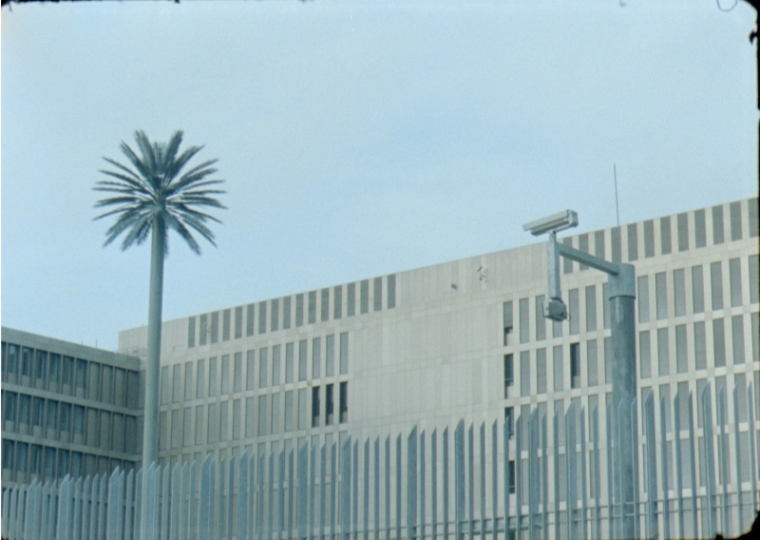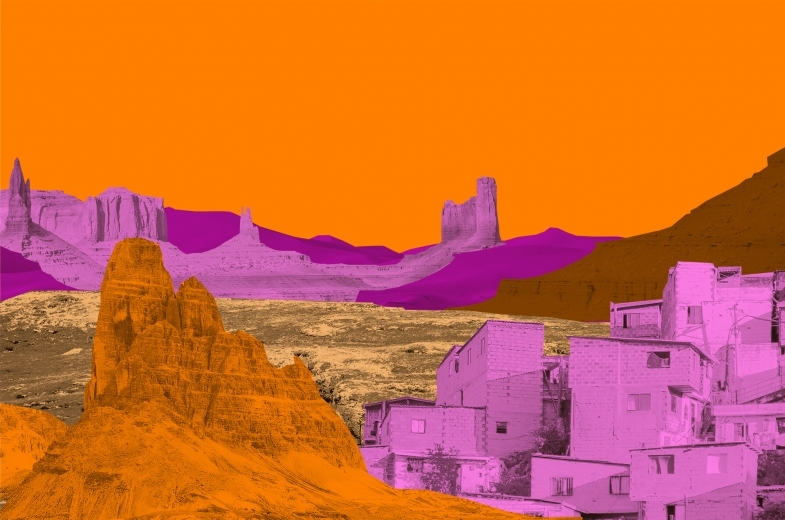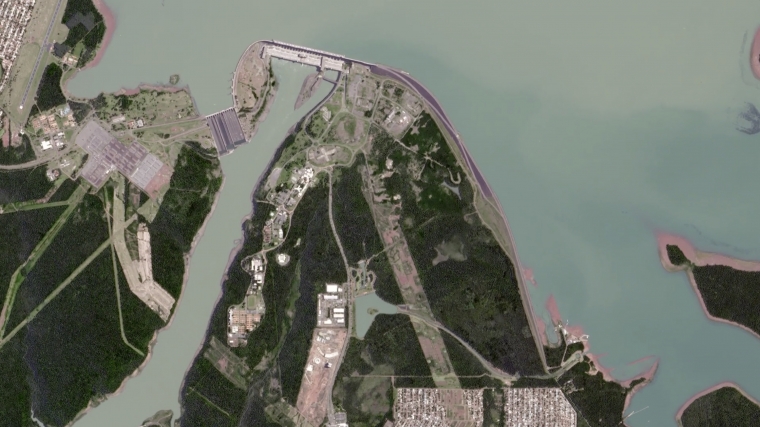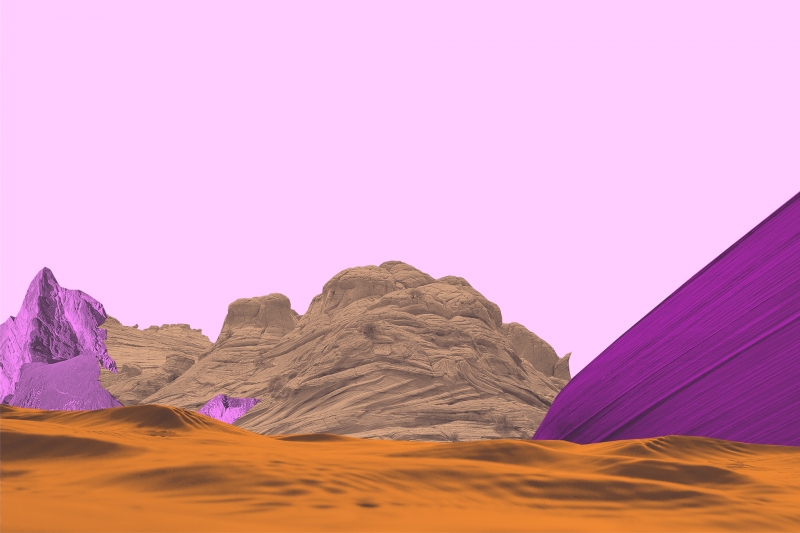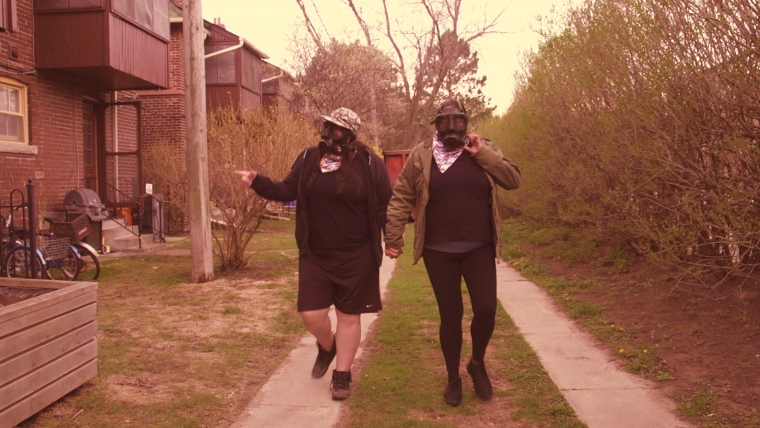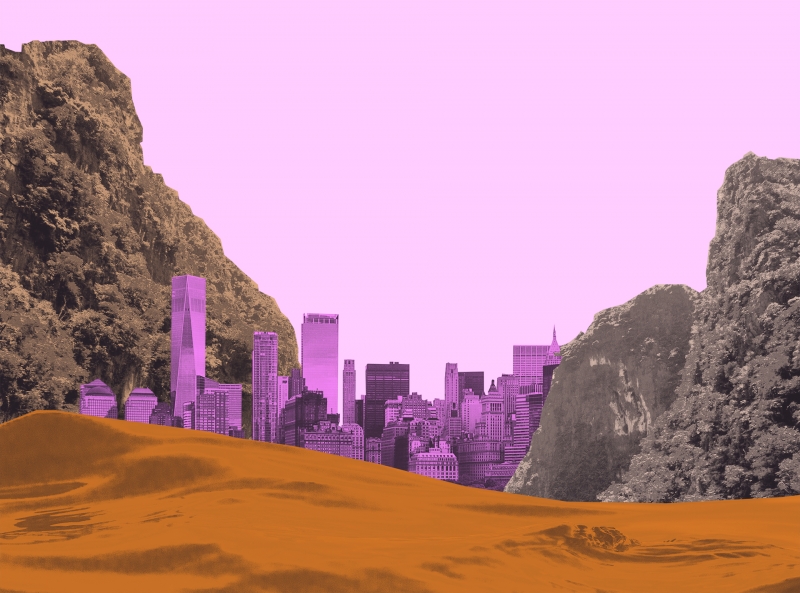Environmental Memory
with Boaventura Monjane, Joana Roque de Pinho, João Ruivo, Júlia Seixas, proTEJO and Movimento SOS Serra d’Arga, invited by Margarida Mendes
To inaugurate its Climate Emergency > Emergence programme, the maat Climate Collective has collaborated with environmental arts researcher Margarida Mendes, inviting her to convene a forum on “environmental memory”. The planned double-panel event seeks to examine the entangled histories of environmental and colonial violence, as well as their related emancipatory struggles, in Portugal and its former colonial territories in Angola, Mozambique, and Guinea-Bissau, providing the necessary basis from which to imagine and realise restorative futures. Assembling a wide range of research expertise and activist engagements in relation to extractive and colonial capital, the forum will explore timely questions about how we might contend with this haunting past, confront a legacy that lives on in the complex and problematic assumptions of the current green energy transition, and imagine a just transition otherwise.
— Climate Collective: T. J. Demos, Molemo Moiloa, Susan Schuppli and Paulo Tavares
This two-panel forum – part of maat’s programming initiative Climate Emergency > Emergence – addresses critical legacies of extractivism and the current energy transition proposing restorative futures. The forum unites researchers and activists operating in the fields of environmental engineering, conservation, and the humanities, to discuss the colonial legacy of resource politics and alternative options for land and water use.
Bringing together infrastructural criticism with decolonial discourse, Environmental Memory foregrounds historical perspectives on agricultural planning, the managing of resources and conservation practices, in order to create an axis between contemporary climate injustice and the colonial legacies of environmental policies in Portugal and beyond. Calling into question the extractivism that permeates contemporary economic models, panelists consider its origin in prior systems of soil and resource management, presenting case studies situated in previously colonised territories. The discussion also offers critical perspectives on emergent models for a just energy transition, questioning the branding of “green energy” in relation to the hydrographic maintenance of the Tagus river basin that runs through the Iberian Peninsula, and lithium mining in Alto Minho in Northern Portugal.
— Margarida Mendes
|
The Climate Emergency > Emergence public programme initiative energises critical analyses and creative proposals in moving beyond catastrophism and toward the emergence of environmentally sustainable futures. Interdisciplinary in breadth and international in scope, the programme is conceptualised by the newly-formed 2021 Climate Collective: T. J. Demos (USA), chair and chief-curator, Molemo Moiloa (South Africa), Susan Schuppli (UK), Paulo Tavares (Brazil), geared toward assembling diverse cultural practitioners working at the intersection of experimental arts and political ecology.
As part of the programme taking place from April until December 2021, the Climate Collective has curated an online video screening series featuring films by a variety of international and local practitioners around themes addressed in the ongoing events. |
maat Explorations is a programme framework featuring an ongoing series of exhibitions, public and educational projects delving into the multi-faceted subject of environmental transformation from various scholarly and experimental vantage points – it brings philosophical and political perspectives forward, as well as sociocultural and technological investigations interwoven in speculative and critical practices in the arts and design at large.
Central to the discursive and critical effort of “maat Explorations” is the establishment of the Climate Collective, a rotating group of experts in the expanded field of contemporary art, design and technology that will each year propose a refreshed vision on the connection between creative practices, ecological thought and politics. |
-
Illustration: Lisa Hartje Moura.
Territorial disputes in Angola, Guinea-Bissau, Mozambique and Portugal
With Boaventura Monjane, Joana Roque de Pinho and João Ruivo.
|
Specifically looking at historical and current processes of accumulation, Boaventura Monjane talks about the dynamics of extractive and agrarian capital penetration in the countryside of the Global South. The talk also illuminates the often obscured roots of the ongoing Cabo Delgado resource conflict in Northern Mozambique, which are the militarist mode of enclave-based extractivism, which amplifies existing social and economic inequalities and standard accountability deficits evident across Africa’s extractive sector. The speaker also covers what he terms “political reactions from below” to highlight rural (and urban) agencies in confronting and resisting extractivism (and militarisation). |
Boaventura Monjane holds a PhD on Postcolonialisms and Global Citizenship (Sociology), from the CES/Faculty of Economics, University of Coimbra. He is based at the Institute for Poverty, Land and Agrarian Studies (PLAAS, UWC) as a postdoctoral researcher and is also a fellow of the International Research Group on Authoritarianism and Counter-Strategies of the RLS. He is an associate fellow at the Centre for African Studies (CEA, UEM). His areas of interest and research include agrarian movements, rural politics, food sovereignty, and climate change. He has been involved in agrarian social movements, both locally and internationally, working with the National Peasant’s Union of Mozambique (UNAC) and the International Secretariat of La Via Campesina. |
|
Through photographs and narratives created by a diverse group of farmers in Guinea-Bissau, who live within Cantanhez National Park, Joana Roque de Pinho’s presentation examines local depictions of a deeply valued cultural landscape and the farmers’ own biodiversity conservation practices, both of which challenge dominant narratives about the park and the residents therein. |
Joana Roque de Pinho (PhD, Colorado State University, 2009) is an environmental anthropologist at the Center for International Studies (CEI), Lisbon University Institute (ISCTE-IUL). With East African pastoralists and West African farmers as collaborative researchers, she explores local experiences and how social-ecological transformations are understood in conservation landscapes. |
|
Starting from a critical reading of the recent history of hydroelectric use, the lecture by João Prates Ruivo focus on the role of soil recognition missions in the reconfiguration of the land that occurred during the anti-colonial conflict in Angola. And to reflect in the present about the possibilities of grounded practices of resistance in the context of environmental transformations occurring due to the project of intensive farming in the Alqueva Dam, in Alentejo, Portugal. |
João Prates Ruivo studied architecture at Técnico Lisboa (IST), where he was a student of professor Manuel Vicente, amongst others. In Rotterdam, he collaborated with Theo Deutinger, and worked at Office for Metropolitan Architecture. After that, he went to Athens to set up his own practice, FORA, with Raquel Oliveira and João Fagulha. Currently, he is PhD student at Centre for Research Architecture, at Goldsmiths University of London. His research project, Soil Politics, investigates the technical transformations of soils after World War II, in particular the relation between irrigation and colonisation. |
Energy vectors and conservation models
With Júlia Seixas, Carlos Seixas (Movimento SOS Serra d’Arga) and Paulo Constantino (proTEJO – Movimento pelo Tejo).
|
The use of energy resources has increased since the industrial revolution, particularly after the end of World War II, to support an increasing number of human and societal services. The fossil fuel supply models in place have put an enormous environmental and social pressure on some areas of the planet, namely in vulnerable countries with few to none benefits for their populations. According to Júlia Seixas, energy transition brings a new model much based on local energy resources, but highly demanding on land, minerals and metals. The “old” relation between resources-supply countries and technological consumer countries still persist, hampering the just transition aimed by the new generations. |
Júlia Seixas is a Professor at the NOVA School of Science and Technology, where she coordinates the Energy & Climate group at CENSE. She coordinates the EIT Climate-KIC Hub Portugal since 2016, and serves as president of the Department of Environmental Sciences and Engineering since 2017. For more than 20 years, she coordinated studies to support public policies on climate mitigation. |
|
Addressing the question of lithium mining in Portugal, Carlos Seixas, member of the SOS Serra d'Arga Movement, will clarify how the population of Minho has resisted the governmental project of promoting mining, exposing how citizens can fight the green mining lie and win this battle. |
The Movimento SOS Serra d'Arga was founded on 10 June 2019 [Day of Portugal]. It is a civic movement, non-partisan and horizontal, that has developed actions in opposition to lithium mining in Alto Minho. Since the beginning, its objective is to protect the territory and the heritage of the 5 municipalities where Serra d'Arga is included, raising the awareness of the local population for the dangers of extractivism, pressuring municipalities and central power, and also creating bridges with movements and associations that oppose lithium mines in other parts of the country. The movement is represented by its spokesperson, Carlos Seixas, farmer. |
|
proTEJO – Movimento pelo Tejo questions the concept of green energy and will present their position on hydric and energetic questions connected to the Tagus basin, that they have been observing since 2009. Paying special attention to conservation issues and the safeguarding of the biodiversity of the river Tagus and its tributaries, the movement proposes a sustainable, transparent and participatory managing of the hydrographic basin of the Tagus in order to secure water availability in quantity and with quality, for today as well as future generations. Within this objective the movement considers fundamental the defense of the pillars of life in the river: the quantity of water in the circulation of ecologic streams, in harmony with seasonal rhythms and with conditions that allow the migration of species; the quality of water necessary for our human and ecologic needs; and the fluvial connectivity that maintains the river free and alive to secure natural conditions for us to have quantity and quality water, as well as to perserve biodiversity and associated material and immaterial cultural heritage. |
proTEJO — Movimento pelo Tejo [Movement for the Tagus] is a citizen movement that takes on the mission of raising awareness and mobilising citizens in an ecologic and cultural defense of the Tagus river and its tributaries, aiming to gather all citizens and organisations in an exchange of experiences and information, in order to consolidate and amplify their distinct operations as a social organisation and mobilisation. Created on September 5th 2009, the movement is composed of 45 entities: environmentalist and ecologist, civic, cultural, social, sports (canoeing and fishing), in defense of material and immaterial heritage, archeology, forest development, local municipalities, institutions and local companies dedicated to agriculture and tourism, and more than 10 thousand citizens united in social networks. |
|
Margarida Mendes’ research explores the overlap between infrastructure, ecology, experimental film and sound practices – investigating environmental transformations and their impact on societal structures and cultural production. She has curated several exhibitions and was part of the curatorial team of the 4th Istanbul Design Biennial (2018) and the 11th Gwangju Biennale (2016). She consults for Sciaena, an environmental NGO working on marine policy and deep-sea mining and has co-directed several educational platforms, such as escuelita, an informal school at Centro de Arte Dos de Mayo – CA2M, Madrid, and the ecological research platform The World in Which We Occur / Matter in Flux. |
|


